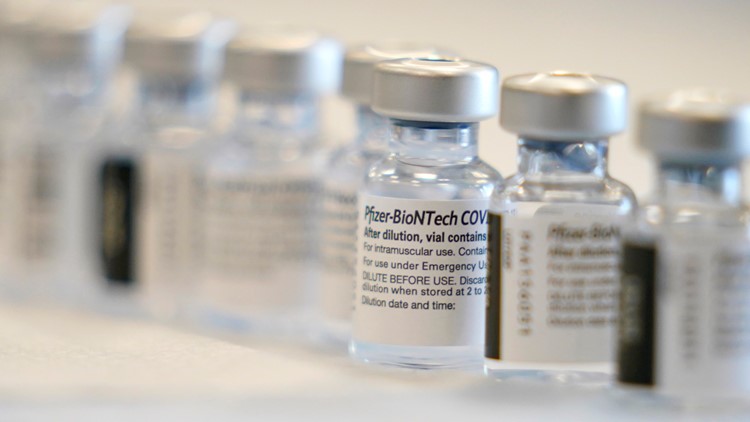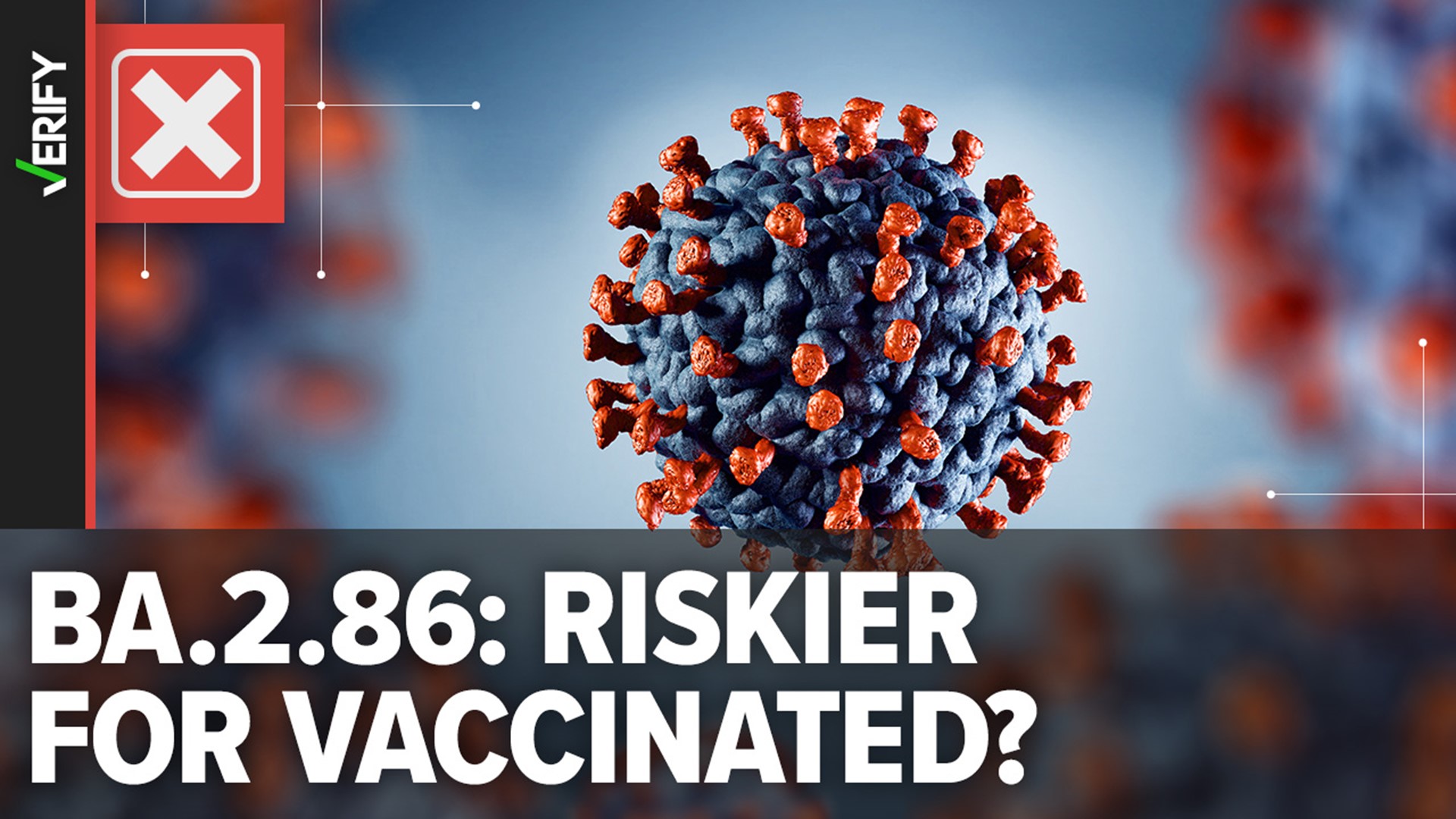COLUMBUS, Ohio — The Center for Public Health Innovation was created in Columbus after Mayor Andrew Ginther announced his Equity Agenda in February 2020 during the State of the City Address.
Columbus Public Health Commissioner Dr. Mysheika Roberts and her colleagues are now tasked with recommending changes to curb systemic racism in the city.
“How do we make sure we have more affordable housing?” said Dr. Roberts. “How do we leverage the playing field for income, and have a working income that’s fair and appropriate for everyone and how do we access health care? As well as making health care more accessible, how do we reduce the risk or exposure of those unhealthy habits that disproportionately impact African Americans?”
The solutions to these questions are now further exacerbated because of the pandemic, according to Roberts.
“These disparities didn’t happen overnight, and they are not going to go away overnight,” said Dr. Roberts. “It’s going to take a lot of commitment, it’s going to take some time to reverse the impact of those disparities and we are seeing those disparities highlighted, unfortunately, during the pandemic, where Black and brown people are disproportionately impacted by COVID-19.”
Joe Mazzola has been with Franklin County Public Health for five years, serving the last four as health commissioner. He says before the pandemic, the department was already planning to address social-economic and public health impacts for minorities.
“When we think about the impact that COVID-19 has had early on in the pandemic, we saw a really significant disparity in terms of cases regarding African Americans, Hispanic-Latinos, and other communities of color. That has since improved,” said Mazzola. “We’ve been really focused that our response tries to address those disparities, so we are not where we need to be just yet, but that has improved particularly over the last six months.”
But other challenges have emerged, stemming from a dark chapter in the health care industry’s past, causing minorities, the Black community in particular to be hesitant to get the COVID-19 vaccine. Dr. Roberts says they have every reason to be reluctant.
“African Americans have been experimented on without their consent for years,” said Roberts. “Particularly if you look back at the Tuskegee Study, even if you look back to Henrietta Lacks, that long ago we know as a community that Black people have been affected negatively by the health care system. So, they are going to have some apprehension, they are going to have some hesitancy.”
In 1932, the Public Health Service and the Tuskegee Institute started a study on syphilis in Black men, according to the Centers for Disease Control, The study lasted 40 years – even during a time when penicillin was readily available to treat the disease. An advisory panel concluded the study was "ethically unjustified." In 1974, a $10 million settlement was reached. The CDC is currently reviewing that the chronicle of events are in fact, "accurate and verifiable."
“I think my job as a public health official and clinicians’ jobs around the nation are to acknowledge why minorities might be more hesitant and then to inform them of the process of this vaccine, how it was created, how it was approved with emergency use authorization by the FDA and why it’s safe and effective for them to get the vaccine,” said Roberts.
“When I hear that individuals are hesitant, I absolutely respect that and I acknowledge why that is and everyone has a different reason,” said Mazzola. “For African-Americans, it’s because of generational barriers that they’ve had with respect to accessing healthcare. Whether it's hesitancy about the process, or the timing about the vaccine being developed, all of those things. What we are trying to do at the health department and working with our partners is making sure we’re providing information for our residents to make informed decisions.”
Information, he says, that’s an obligation for FCPH to disseminate to the community. Mazzola believes a new taskforce, the Equity Advisory Council, will help fight inequities at the county level.
“Franklin County Health has convened to talk about vaccine allocation,” said Mazzola. “This advisory council is really new structure for us to work with dozens of organizations to collectively talk about how we can address these disparities.”
The City of Columbus continues to host COVID-19 Vaccine Opportunity Clinics. The Feb. 26 clinic is no longer taking appointments, but eligible participants are encouraged to sign-up for March 5.
Dr. Roberts said she saw firsthand that more than 70% of the participants in a recent opportunity clinic were African American. She says 49% of those who registered listed their race as unknown, she believes, out of fear of being treated differently.
“People need to be more forthcoming at sharing that information, and we have to educate and inform the community about why it’s so important to share that information,” said Roberts. “We have to be very transparent with the community about what we know about the virus and what we know about the vaccine. We need to be honest with individuals and we need to use messengers that know the information and are trusted by the community.”
To expect people to be honest, it will depend on acceptance of the system, and to understand the facts from credible sources.
“From an equity standpoint, not only making the vaccine available in terms of access, we are going to continue to invest resources in terms of engagement and in terms of communication as well,” said Mazzola. “We want to make sure our residents are informed… they will make the choice to not only protect themselves but also protect their families and those they love.”



